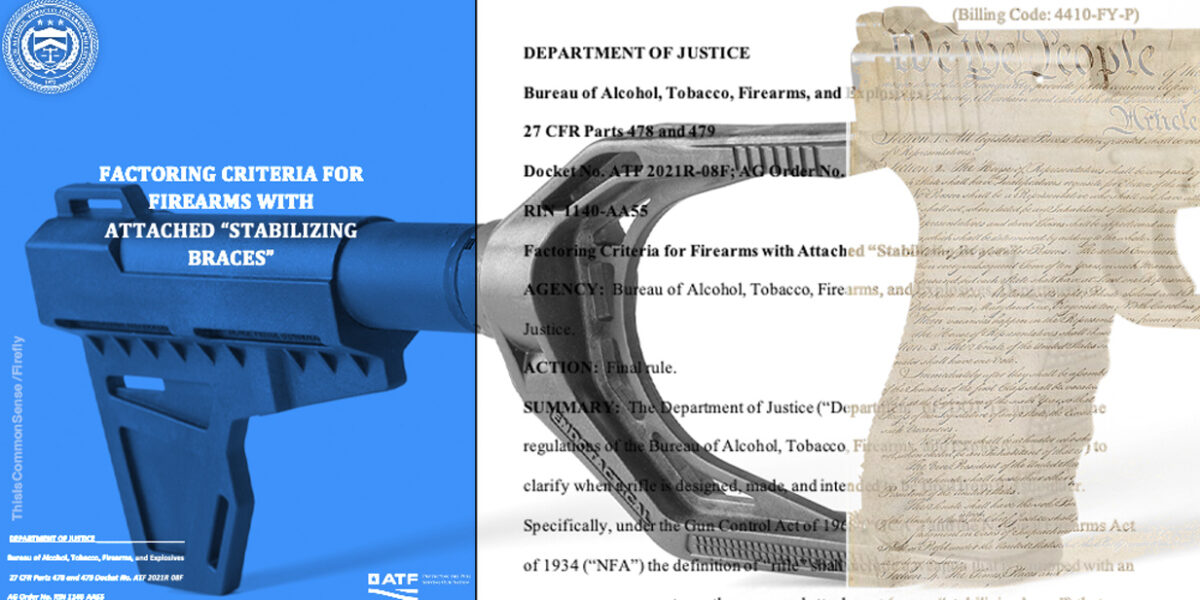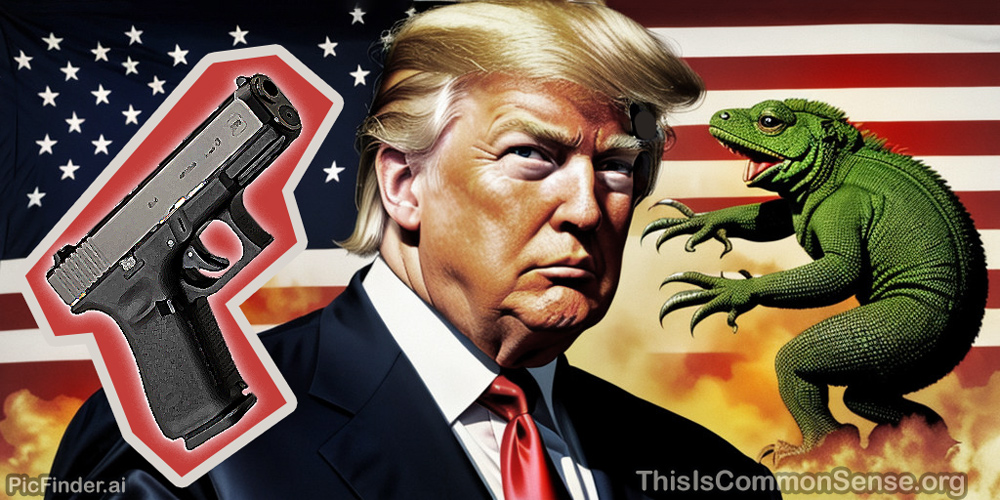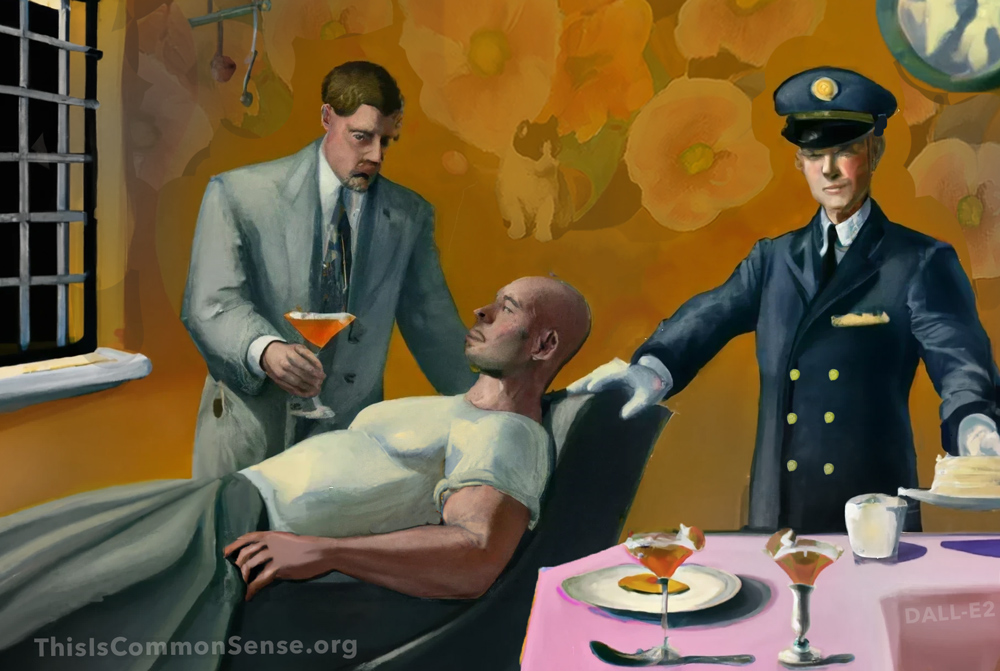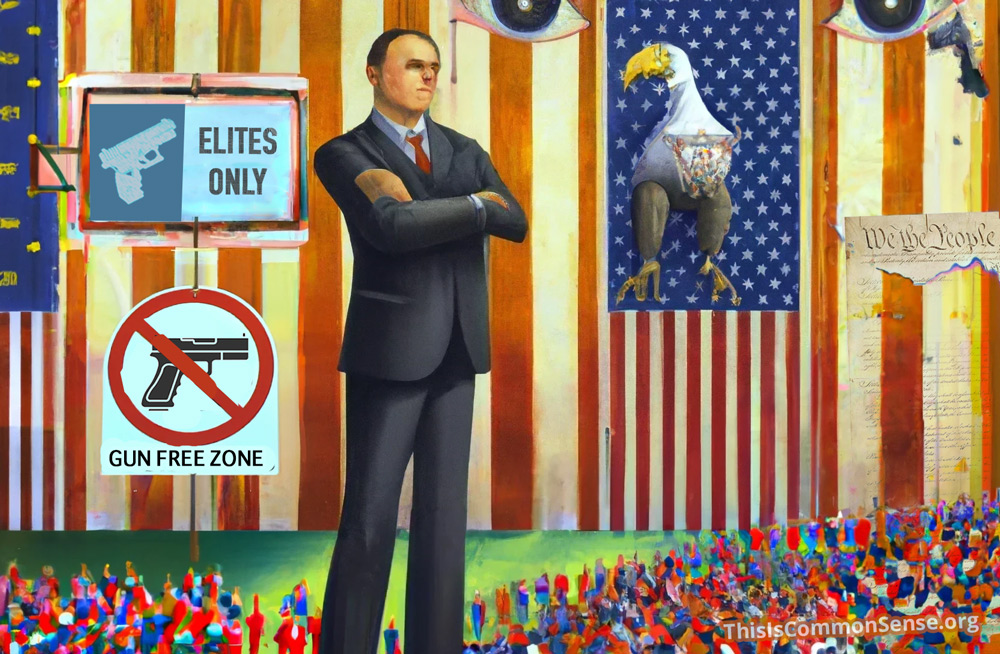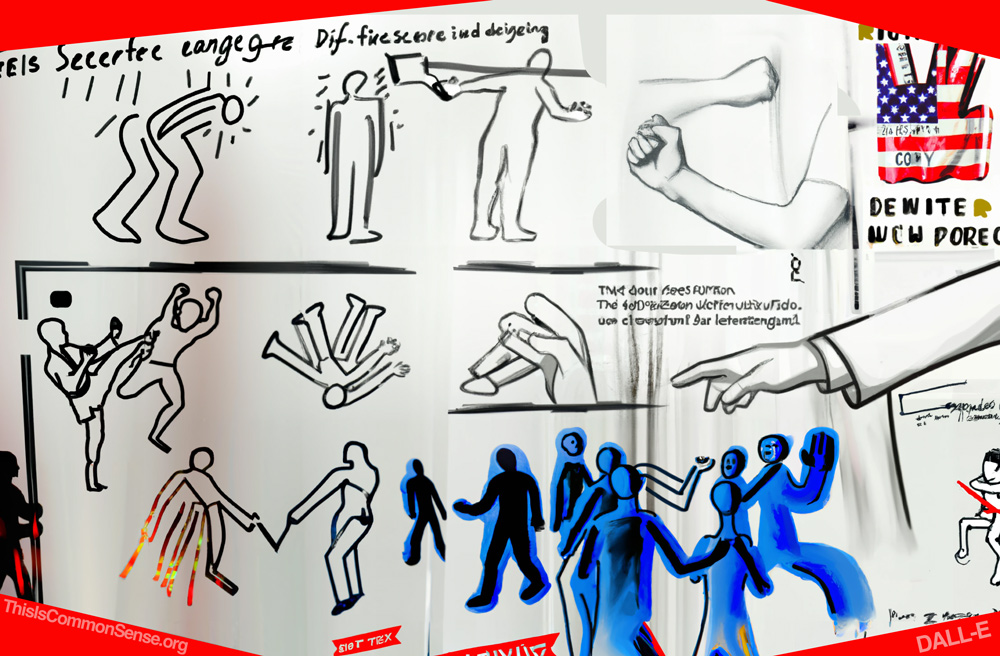Many foes of Second Amendment rights want to outlaw guns for everybody except military, police, Secret Service, sundry federal agencies, and bodyguards for left-leaning celebrities.
Since this isn’t politically feasible given at least intermittent legislative and judicial support for the right to bear arms, anti-gunners often pursue various piecemeal bans. The hope is that these will add up to an overall prohibition. Or at least provide an excuse to go after any particular gun owner for neglecting to comply with some subsidiary prohibition.
The anti-gun forces seemed to have been having some success with an outlawing of “stabilizing braces” on short-barreled rifles. A voluminous ATF rule sought to partially or wholly ban these braces — basically an added pistol grip — even though the same agency had earlier said such braces were okay.
And why wouldn’t it be okay to have a pistol brace if it’s okay to have a thing that shoots bullets?
Maybe the idea is that if you’re in a situation where you have to fight for your life using a gun, and a brace would help, trying to survive is okay, sure, but you shouldn’t have too much of a chance to survive. A stabilizing brace might give you an unfair edge? I’m guessing.
In mid-June, the Northern District of Texas tossed this ATF gun-brace-ban rule. Which, according to Judge Reed O’Connor’s decision in the case, Mock v. Garland, is “arbitrary and capricious.” As Shooting News Weekly puts it, “Oof.”
Unlike the similar looking (at least to me) “bump stock,” braces do not change the mechanism of firing. And bump stocks were overturned by the U.S. Supreme Court about the same time. While stabilizing braces seem here to stay, a decision by the Supreme Court may still be required.
This is Common Sense. I’m Paul Jacob.
Illustration created with Firefly
—
See all recent commentary
(simplified and organized)
